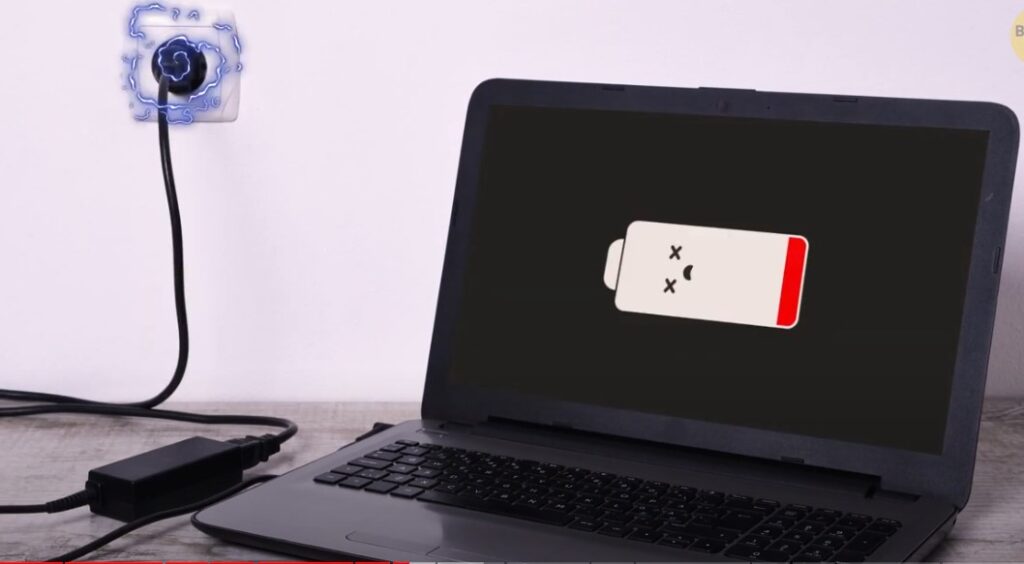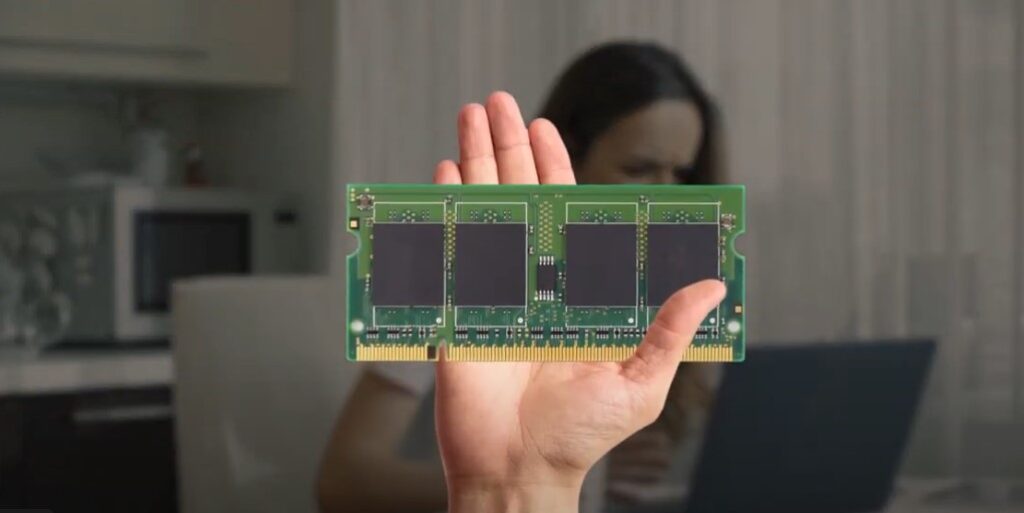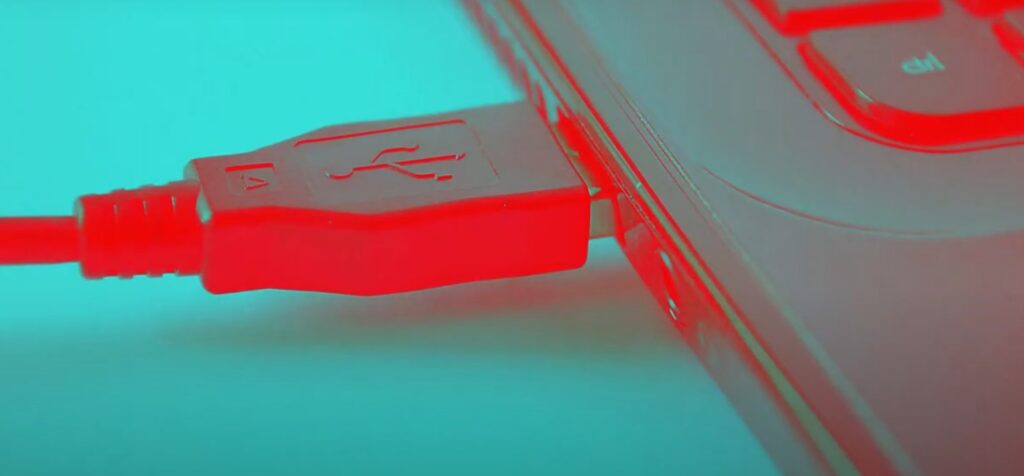The Great Laptop Lifespan Gamble: Unveiling the Mysteries of Your Digital Workhorse
In today’s hyper-connected world, laptops have become an indispensable extension of ourselves.
They fuel our productivity, quench our thirst for entertainment, and bridge the gap between physical and digital spaces.
But as with any significant investment, a crucial question lingers: how long will this trusty laptop companion remain by my side?
The internet offers a cacophony of conflicting voices. Some pronounce laptops obsolete after a mere two years, while others preach of machines enduring for a decade. So, what’s the truth beneath the digital din?
The Sobering Reality: A Tapestry of Factors Dictates Lifespan
Much like a well-maintained car, a laptop’s lifespan hinges on a complex interplay of factors.
Here’s a deeper dive into the key attributes that influence how long your digital confidante stays operational:
The Bedrock of Performance: Internal Hardware

The very heart of your laptop lies within its internal hardware. Here, the quality and type of components like the central processing unit (CPU), random-access memory (RAM), and storage devices (HDD or SSD) play a pivotal role.
A top-of-the-line gaming laptop boasting a powerful CPU and hefty RAM might be a beast today, but its ability to handle the ever-evolving demands of future software updates becomes a question mark.
The Powerhouse Within: The Battery

Batteries, unfortunately, are akin to the proverbial ticking clock.
They are classified as consumable components, meaning their capacity to hold a charge inevitably degrades over time and with each recharge cycle.
The battery’s lifespan is further influenced by factors like extreme temperatures and improper charging habits.
Keeping Your Cool: The Significance of Thermal Management
Laptops, by their very nature, generate heat during operation. An efficient thermal management system, often consisting of a CPU fan and heat sinks, is crucial to dissipate this heat and prevent overheating.
Overheating can lead to component degradation and even permanent damage, significantly shortening your laptop’s lifespan.
A Matter of Reputation: Brand and Model Selection
Brand reputation matters. Companies that consistently produce well-built laptops with robust components and reliable designs tend to offer machines with longer lifespans.
Researching brand reviews and user experiences can be invaluable in making an informed decision.
Beyond the Hardware: How You Use Your Laptop Shapes Its Destiny

It’s not just about the internal components; your usage patterns also significantly impact your laptop’s longevity. Here are some key aspects to consider:
- The Frequency of Use: Just like a car that sits idle most of the time, a laptop that’s rarely used might experience less wear and tear compared to one that’s constantly running resource-intensive applications.
- The Software You Run: Demanding programs like video editing software or complex games can put a significant strain on your laptop’s hardware, potentially accelerating its decline.
- The Battle Against Heat: Ensuring proper ventilation by keeping vents clear and avoiding using your laptop on soft surfaces, like pillows, is crucial to prevent heat buildup.
- The Gentle Touch: Physical Treatment Matters: Dropping your laptop or subjecting it to rough handling is a surefire way to shorten its lifespan, not to mention causing emotional distress (we’ve all been there). Treat your laptop with care, and it will reward you with extended service.
The Warning Signs: When Your Laptop Whispers “It’s Time”
Just like our bodies sending warning signals of illness, laptops exhibit signs that indicate their time might be drawing to a close. Here are some telltale indicators to watch out for:
- Frequent Crashes and Sluggish Performance: These could be signs of failing hardware or outdated software in dire need of an update.
- Overheating Issues: A laptop that constantly feels like it’s about to melt is a clear sign of thermal management problems.
- **Battery Blues: **If your laptop struggles to hold a charge for even basic tasks, it might be time to consider replacing the battery or the entire machine.
- The Language of Error: Strange Noises and Error Messages: These are often the cries of a laptop in distress, potentially indicating impending hardware failure.
Extending the Inevitable: Strategies to Maximize Your Laptop’s Lifespan
The good news is that you’re not powerless in this battle against obsolescence! By following some simple best practices, you can significantly extend the lifespan of your trusty laptop. Here are some key strategies to consider:
Regular Maintenance is Key:

Keep your laptop clean, dust-free, and updated with the latest software patches and security updates to ensure optimal performance and minimize the risk of security vulnerabilities.
Battery Care: A Love Story:
Don’t let your battery completely drain, and avoid exposing it to extreme temperatures (both hot and cold). Consider partial discharge cycles (letting it drain to around 40% before recharging) to improve battery health in the long run.
Cooling Practices: Keeping Your Machine Chill
Utilize a laptop stand or cooling pad to improve airflow and prevent heat buildup. This is especially important during extended gaming sessions or running demanding software.
Safe Handling: Treat Your Laptop Like Royalty

Accidental drops, spills, and rough handling are the enemies of a long laptop lifespan. Invest in a carrying case for added protection during transport, and avoid eating or drinking around your laptop to minimize the risk of spills.
Software Optimization: Streamlining for Efficiency
Review the programs running at startup and disable unnecessary ones. This can free up valuable system resources and improve overall performance. Additionally, consider uninstalling programs you no longer use to declutter your storage space.
Upgrading When Possible: Breathing New Life into Your Machine

Depending on your laptop’s model and design, some components like RAM or storage might be upgradeable. Upgrading these components can breathe new life into your machine and extend its functionality for a few more years.
The Cloud to the Rescue: Offloading Data for Longevity

Storing your data on cloud storage services like Google Drive or Dropbox can alleviate pressure on your laptop’s internal storage and potentially improve performance. Additionally, cloud backups ensure your data is safe even if your laptop suffers a hardware failure.
When to Throw in the Towel: Signs It’s Time for a New Laptop
While proper maintenance can extend your laptop’s lifespan, there comes a time when even the most loyal companion needs to be replaced. Here are some signs that might indicate it’s time to upgrade:
- Performance Decline: If your laptop struggles to keep up with basic tasks like web browsing or video playback, it’s a clear sign the hardware is no longer sufficient for your needs.
- Outdated Technology: The rapid pace of technological advancement can leave older laptops incompatible with new software or operating systems. Upgrading to a newer machine ensures compatibility and access to the latest features.
- Frequent Repairs: If your repair costs start exceeding the value of the laptop itself, it might be more cost-effective to invest in a new machine.
The Future of Laptops: Embracing Change and Planning for Longevity

The world of technology is a constant state of flux. New processors with faster clock speeds, faster storage solutions like solid-state drives (SSDs), and lighter, more portable designs are constantly emerging. This begs the question: will my current laptop become obsolete quickly?
While advancements are inevitable, some strategies can help you future-proof your purchase. Here are some considerations:
The Final Verdict: You Hold the Reins of Your Laptop’s Lifespan
By understanding the factors that influence laptop longevity and implementing some simple maintenance practices, you can significantly extend the life of your digital companion.
Remember, it’s all about striking a balance between performance and longevity to get the most out of your investment.
Make strategic decisions when purchasing a laptop, treat it with care, and embrace best practices for maintenance and optimization. With a little effort, you can ensure your trusty laptop remains by your side for many productive and enjoyable years to come.
FAQs
Is there anything I can do with my old laptop when I replace it?
Recycle it responsibly: Many electronics stores and manufacturers offer recycling programs for old laptops.
Sell it or donate it: If your old laptop is still functional, you can sell it or donate it to someone who can use it.
Repurpose it: You can repurpose your old laptop for specific tasks, like a media center or a dedicated e-reader.
When should I consider replacing my laptop?
Here are some signs that might indicate it’s time for a new laptop:
Performance decline: If your laptop struggles with basic tasks, it might be time for an upgrade.
Outdated technology: If your laptop is incompatible with new software or operating systems, an upgrade is necessary.
Frequent repairs: If repair costs outweigh the value of the laptop, consider a replacement.
How can I tell if my laptop is nearing the end of its life?
Some warning signs might indicate your laptop is nearing the end of its lifespan, such as:
Frequent crashes and slow performance
Overheating issues
Battery not holding a charge
Strange noises and error messages
Physical wear and tear
What are the biggest factors that affect a laptop’s lifespan?
Several factors influence a laptop’s lifespan, including:
Build quality Laptops with higher-quality components and robust construction tend to last longer.
Usage patterns: Frequent use and running resource-intensive programs can shorten a laptop’s lifespan.
Environmental conditions: Extreme temperatures, dust, and humidity can damage internal components.
Maintenance practices: Regular cleaning, software updates, and proper handling all contribute to longevity.
Battery care: Battery health degrades over time, and proper charging habits can extend its lifespan.






